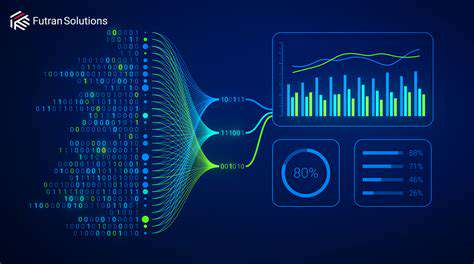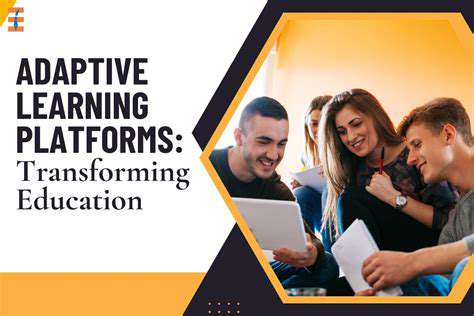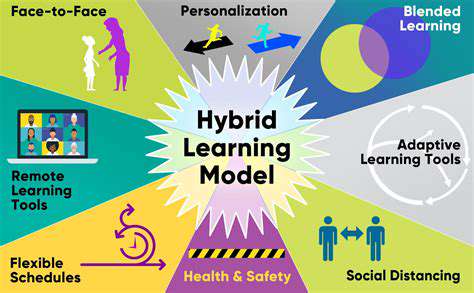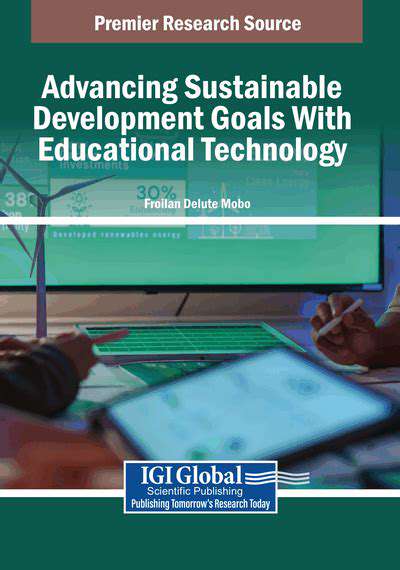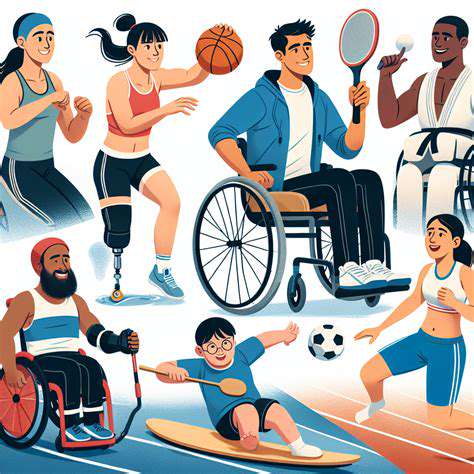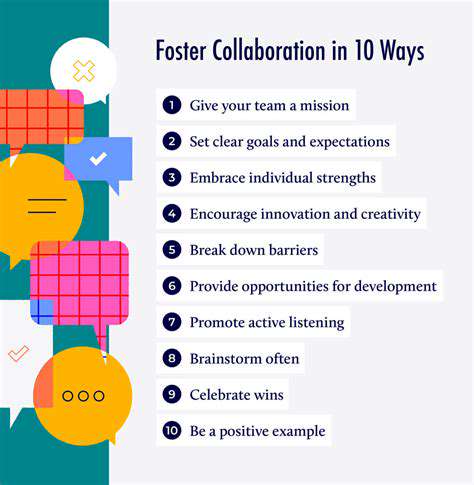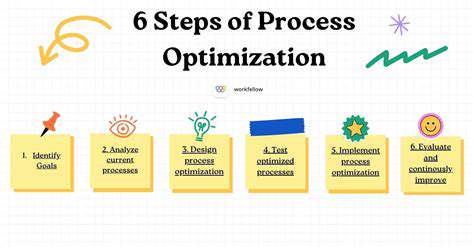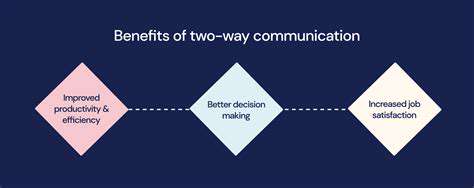Personalized Feedback for Developing Growth Mindsets
The Power of Specific, Actionable Feedback
Understanding the Importance of Specificity
Specific feedback goes beyond general praise or criticism. It pinpoints exactly what was done well or poorly, offering concrete examples. This level of detail allows individuals to understand precisely what aspects of their performance need improvement or reinforcement. Instead of simply stating good job, specific feedback might say, Your presentation was engaging because you used compelling visuals to illustrate key points. The data visualization on slide three was particularly effective. This clarity fosters a deeper understanding and more targeted learning experience.
Vague feedback, on the other hand, can be frustrating and unhelpful. It often leaves individuals wondering exactly what they did wrong or right. This ambiguity hinders growth and can lead to feelings of uncertainty and even demotivation. Focusing on specific behaviors and results is key to unlocking the full potential of personalized feedback.
Focusing on Actionable Insights
Actionable feedback isn't just about pointing out flaws; it's about providing clear steps for improvement. It should guide individuals toward specific actions they can take to rectify any shortcomings. Instead of saying Your writing needs improvement, actionable feedback might suggest, To strengthen your writing, consider incorporating more specific examples and evidence to support your claims. Reviewing the examples provided in the style guide would be beneficial. This approach empowers the recipient to take ownership of their development and actively work towards improvement.
Tailoring Feedback to Individual Needs
Personalized feedback acknowledges that each individual learns and grows differently. It considers individual strengths, weaknesses, and learning styles when providing constructive criticism. A feedback approach that caters to individual needs is more likely to resonate and facilitate growth. For instance, a feedback session for someone who learns best through hands-on practice might focus on providing opportunities for them to apply the newly learned concepts. Someone who learns best through observation might benefit from role-playing scenarios and visual aids.
Connecting Feedback to Goals and Objectives
Effective feedback should be directly linked to the individual's goals and objectives. It should help them understand how their performance aligns with desired outcomes and what steps they need to take to achieve them. For example, if the goal is to improve public speaking skills, feedback should address aspects of the presentation that contribute to this goal, such as clarity of delivery, engagement of the audience, and effective use of visual aids. This connection makes the feedback more meaningful and relevant to the individual's overall aspirations.
Building a Supportive Feedback Culture
A supportive feedback culture fosters open communication and encourages individuals to actively seek and provide feedback. It cultivates a safe environment where constructive criticism is viewed as an opportunity for growth rather than a personal attack. Leaders and mentors play a crucial role in establishing this environment by modeling the desired behavior and creating opportunities for feedback exchanges. This approach promotes a collaborative and supportive atmosphere where everyone feels empowered to contribute to each other's development.
Utilizing Multiple Feedback Mechanisms
Feedback should not be limited to formal performance reviews. Regular and ongoing feedback through various channels, such as check-ins, peer reviews, and self-assessments, can significantly enhance the learning process. This diverse approach provides a more comprehensive view of an individual's performance and allows for more targeted and timely interventions. For example, regular check-ins provide opportunities for immediate adjustments and address emerging challenges promptly. Peer reviews can offer valuable insights from different perspectives.
Measuring the Impact of Feedback
Ultimately, the effectiveness of feedback should be measured. This involves tracking the impact on performance, identifying areas where further support is needed, and refining the feedback process based on observed results. Tracking progress through metrics and ongoing feedback sessions ensures that the personalized approach is yielding desired results. Regular evaluations of the feedback process enable adjustments to optimize its impact and ensure continued growth and development.
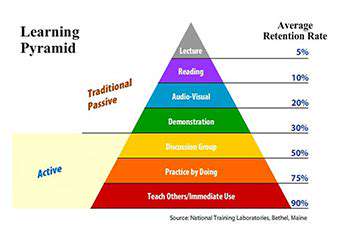
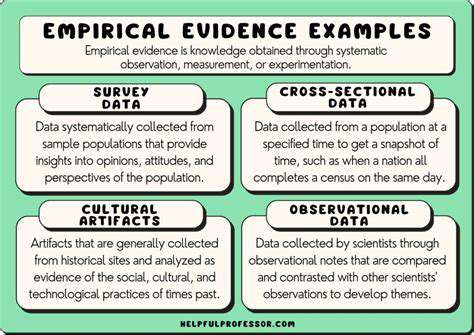
Encouraging Self-Reflection and Action Planning
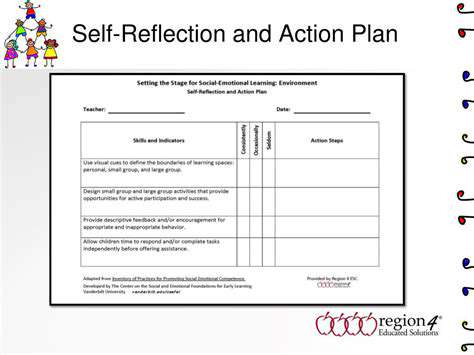
Encouraging Introspection
Self-reflection is a crucial component of personal growth and development. It involves taking time to examine our thoughts, feelings, and behaviors, and to consider how they impact our lives. This process allows us to identify patterns, understand our motivations, and ultimately, make conscious choices that align with our values and goals. By actively engaging in introspection, we gain a deeper understanding of ourselves, fostering greater self-awareness and resilience. This awareness is vital in navigating life's challenges and opportunities with greater clarity and purpose.
Regular self-reflection can also help us identify areas where we might be struggling or where we can improve. Recognizing these areas with honesty and objectivity is often the first step towards positive change. It's a process that requires courage and vulnerability, but the rewards are significant, leading to a more fulfilling and meaningful life. Through self-reflection, we can uncover hidden strengths and talents, and develop strategies to leverage them effectively.
Strategies for Effective Self-Reflection
One effective strategy for self-reflection is journaling. Writing down our thoughts and feelings can provide a valuable record of our experiences and help us identify recurring themes or patterns. This process can be particularly useful for tracking progress toward personal goals and recognizing areas where we might need adjustments. Moreover, journaling can be a powerful tool for processing emotions and gaining clarity on complex issues.
Another valuable approach is mindfulness meditation. Practicing mindfulness involves focusing on the present moment without judgment. This practice can cultivate self-awareness by helping us observe our thoughts and feelings as they arise, without getting carried away by them. Mindfulness allows us to develop a more objective perspective on ourselves and our experiences, leading to greater emotional regulation and self-compassion.
Seeking feedback from trusted individuals is also an important aspect of self-reflection. Talking to friends, family, or mentors can provide valuable insights into our strengths and weaknesses from an external perspective. This feedback can help us gain a more comprehensive understanding of ourselves and identify blind spots that we might not be able to recognize on our own. Honest and constructive criticism, when received with an open mind, can be invaluable in fostering personal growth and development.
Consideration of past experiences and their impact on our current thoughts and feelings is also crucial. This can involve analyzing past successes and failures, understanding their underlying causes, and identifying valuable lessons learned. Such introspection can allow us to develop coping mechanisms and strategies for navigating similar situations in the future, ultimately enhancing resilience and adaptability.
Read more about Personalized Feedback for Developing Growth Mindsets
Hot Recommendations
- The Gamified Parent Teacher Conference: Engaging Stakeholders
- Gamification in Education: Making Learning Irresistibly Fun
- The Future of School Libraries: AI for Personalized Recommendations
- EdTech and the Future of Creative Industries
- Empowering Student Choice: The Core of Personalized Learning
- Building Community in a Hybrid Learning Setting
- VR for Special Education: Tailored Immersive Experiences
- Measuring the True Value of EdTech: Beyond Adoption Rates
- Addressing Digital Divide in AI Educational Access
- Preparing the Workforce for AI Integration in Their Careers


